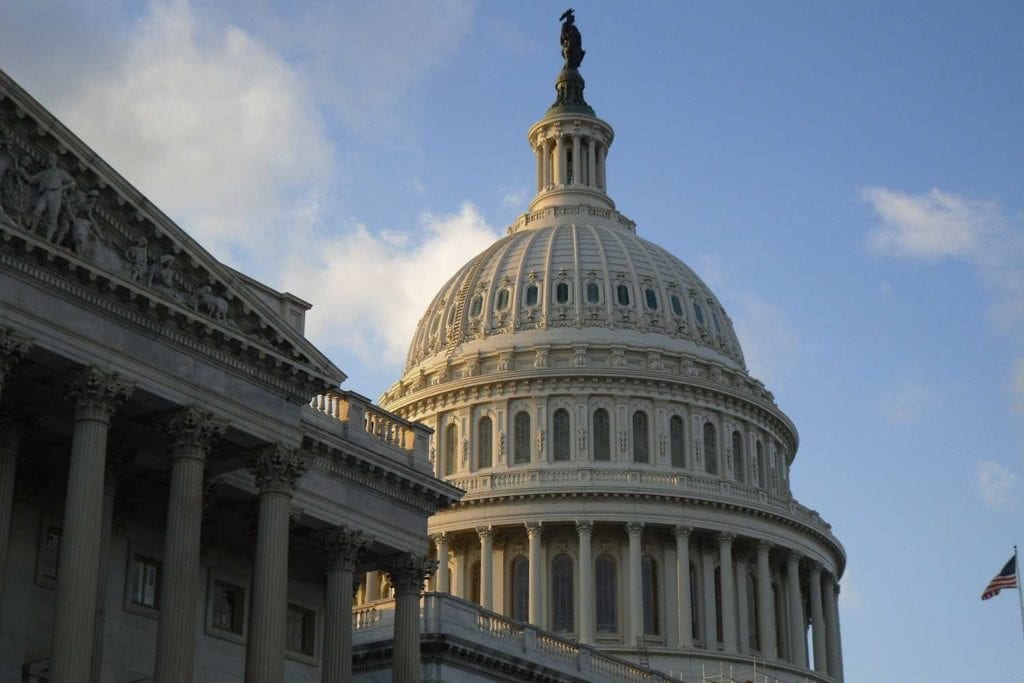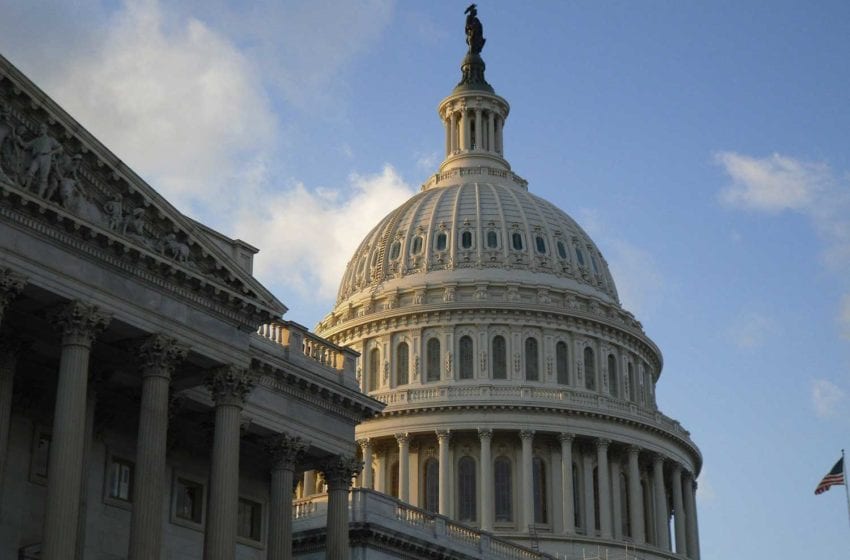
The U.S. House of Representatives approved a bill decriminalizing marijuana at the federal level on Friday.
Dubbed the Marijuana Opportunity Reinvestment and Expungement Act, the bill removes cannabis from the list of federally controlled substances and facilitates canceling low-level federal convictions and arrests related to marijuana.
Among other provisions, the bill calls for an excise tax on cannabis sales and directs the money to be targeted to communities adversely affected by the so-called war on drugs.
The bill specifically adds incentives for minority-owned businesses to help them enter the cannabis market, which has exploded in recent years given the relaxation in controls in some places within the United States.
While the legislation is not expected to pass in the Republican-controlled Senate, marijuana has been gaining acceptance in many jurisdictions.
In a series of ballot initiatives accompanying the recent U.S. presidential election, several states already legalized marijuana. In early December, the United Nations reclassified cannabis as a less dangerous drug.
Further legalization of marijuana could open new opportunities for tobacco farmers faced with declining demand for their crops.
In 2018, U.S. Congress legalized hemp with less than 0.3 percent THC, the psychoactive component in cannabis, in all 50 states. Since then, some tobacco farmers have either shifted to growing hemp or added it to their repertoire as an additional income source. Some major tobacco companies have taken stakes in the cannabis industry in recent years. Altria Group, for example, purchased a stake in Cronos Group, a leading global cannabinoid company, headquartered in Toronto, Canada. Pyxus International, the parent company of leaf tobacco merchant Alliance One International, purchased a 40 percent share in Criticality, an integrated industrial hemp company.
The global industrial hemp market size is expected to reach $15.26 billion by 2027, exhibiting a revenue-based compound annual growth rate (CAGR) of 15.8 percent over the forecast period, according to Grand View Research. Additionally, according to Global Market Insights, the cannabidiol (CBD) market exceeded $2.8 billion in 2019 and is set to grow at around 52.7 percent CAGR between 2020 and 2026, with the global market valuation for CBD crossing $89 billion by 2026.
The opportunities presented by legal marijuana extend also to suppliers of the tobacco industry. For example. German tobacco machinery maker Hauni recently developed equipment or cannabis processing.











